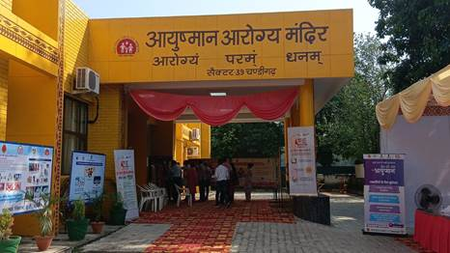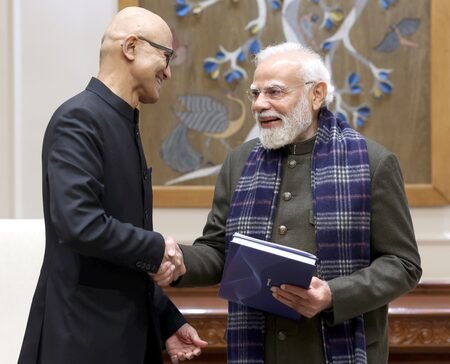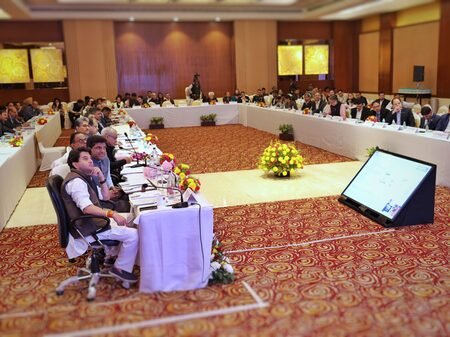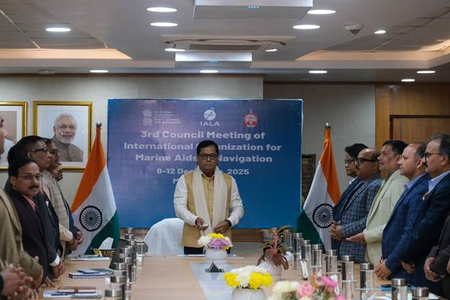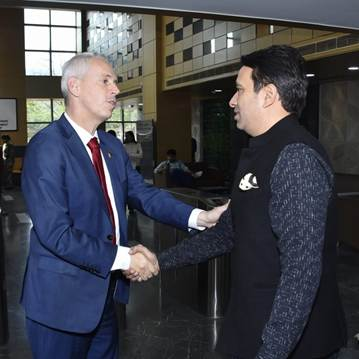
RIYADH, 9 November: The Kingdom sees agriculture as a cornerstone for achieving sustainable development and supporting economic growth, Saudi Deputy Minister of Environment, Water and Agriculture Mansour bin Hilal Al-Mushaiti said this week.
Al-Mushaiti led the Saudi delegation to the three-day “A World Without Hunger” conference that began on Tuesday in Addis Ababa, Ethiopia, the Saudi Press Agency reported.
During his conference speech, Al-Mushaiti said that agriculture also played a key role in job creation and prosperity for local communities. This came through the strengthening of farmer support systems and the promotion of modern agricultural practices to increase production and improve efficiency, ultimately achieving food security.
“The significant progress made in science, innovation and modern technologies has contributed to addressing many urgent global food challenges,” Al-Mushaiti said. “However, the advancement achieved in enhancing food security remains insufficient. This underscores the crucial importance of intensifying global efforts and activating policies to develop practical and effective solutions.”
The deputy minister said that direct food aid and humanitarian relief efforts had played a key role in providing short-term solutions to food insecurity in many countries. He said that the King Salman Humanitarian Aid and Relief Center had implemented about 900 food security projects in 78 countries worldwide, reflecting the Kingdom’s humanitarian role and support for peoples facing severe conditions.
Al-Mushaiti said that boosting investment in the agriculture and food sectors had become paramount to building a world free of hunger. This could be achieved through adopting innovation and modern farming techniques, as well as providing flexible financing solutions to increase production and build resilience in agricultural and food systems.
“The Kingdom welcomes agricultural investments in all fields and offers incentives and support for investors globally,” Al-Mushaaiti said. “We seek to expand agricultural investment in countries with competitive advantages, abundant natural resources and growing markets, to leverage integrated agricultural capabilities and create more job opportunities toward achieving food security.”
Al-Mushaaiti stressed the need to strengthen multilateral international cooperation and engagement with global organizations, in addition to promoting fair trade in line with WTO standards. This, he said, would contribute to building a world free of hunger, alongside other essential steps such as exchanging best agricultural practices and technologies, expanding access to innovative financing, and enhancing infrastructure and social safety net programs.
Al-Mushaiti said that the Kingdom had taken several steps in this direction. This included launching programs and initiatives such as the Sustainable Rural Agricultural Development Program, which contributed to increasing the income of small-scale farmers and improving their living standards, and the Small and Medium Enterprises General Authority“Monsha’at” Authority to support micro, small and medium enterprises in the sector, through financing, training and job opportunities, and other ambitious projects and programs that worked to support the agricultural sector and activate its contribution to achieving food security.
The “A World Without Hunger” conference was organized by the United Nations Industrial Development Organization, the African Union Commission and the Ethiopian government, with the participation of the Food and Agriculture Organization of the UN, to discuss topics related to the agriculture, food production and technology sectors, as well as food security, finance, food safety, infrastructure and more.


